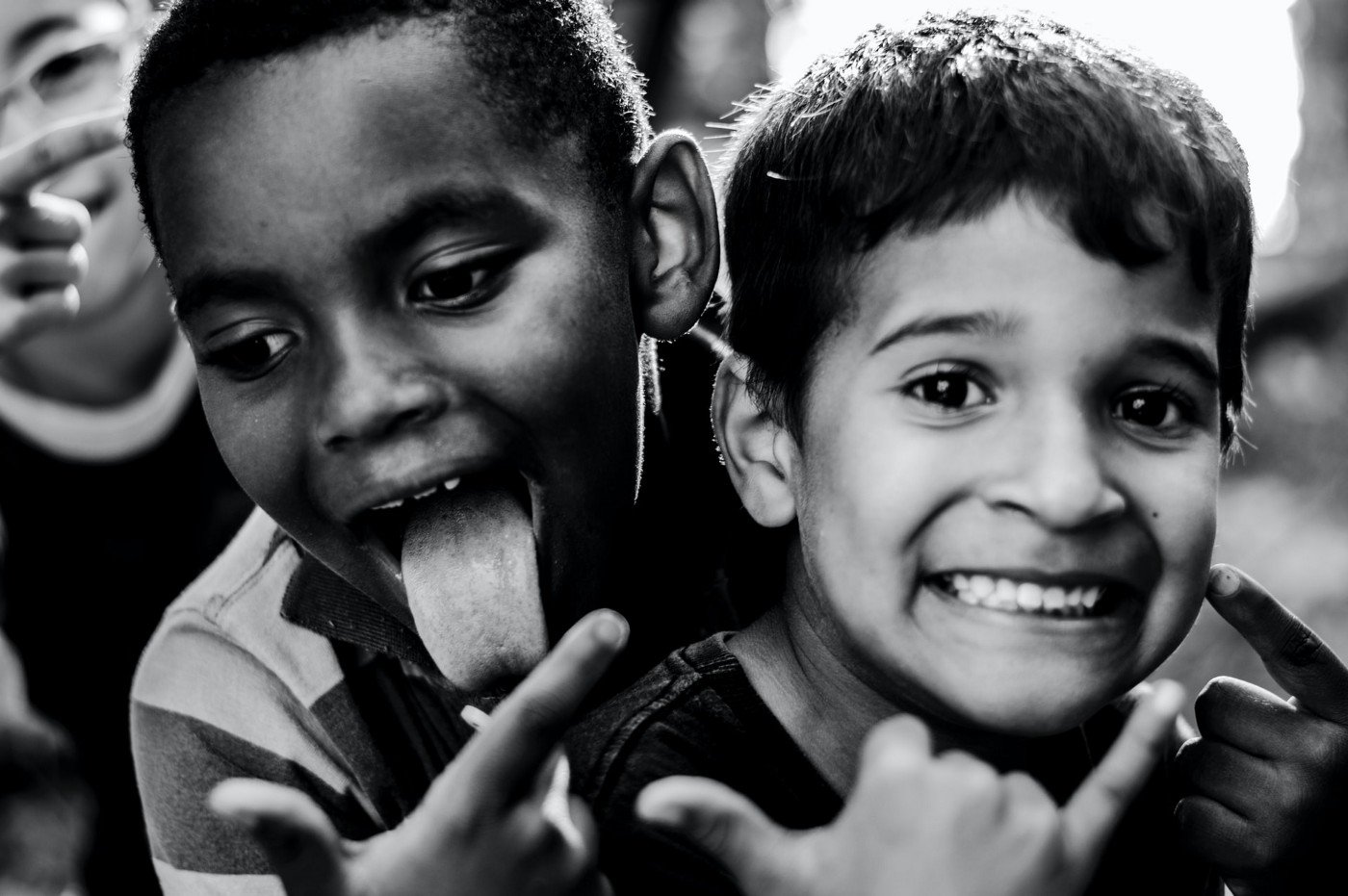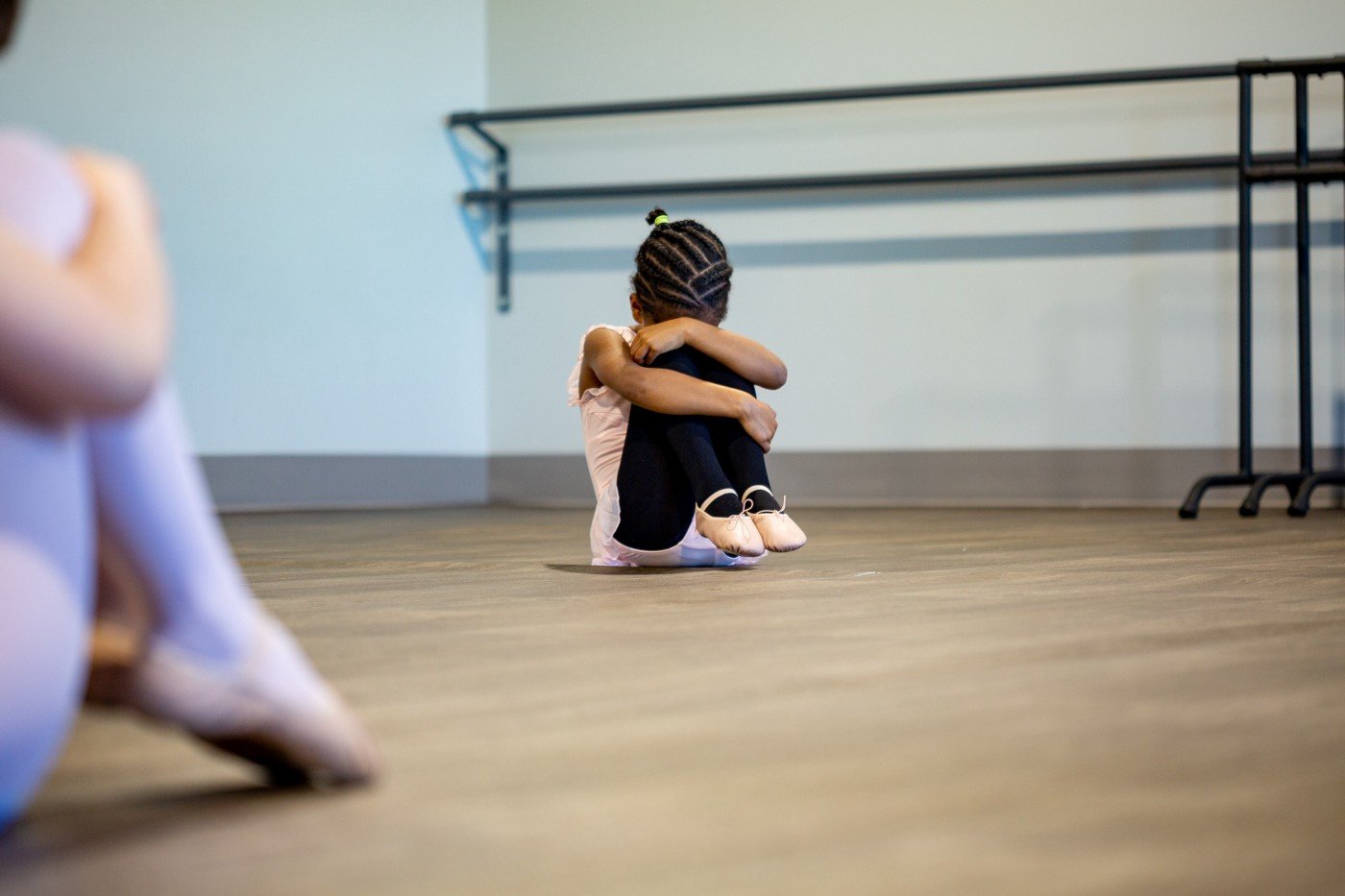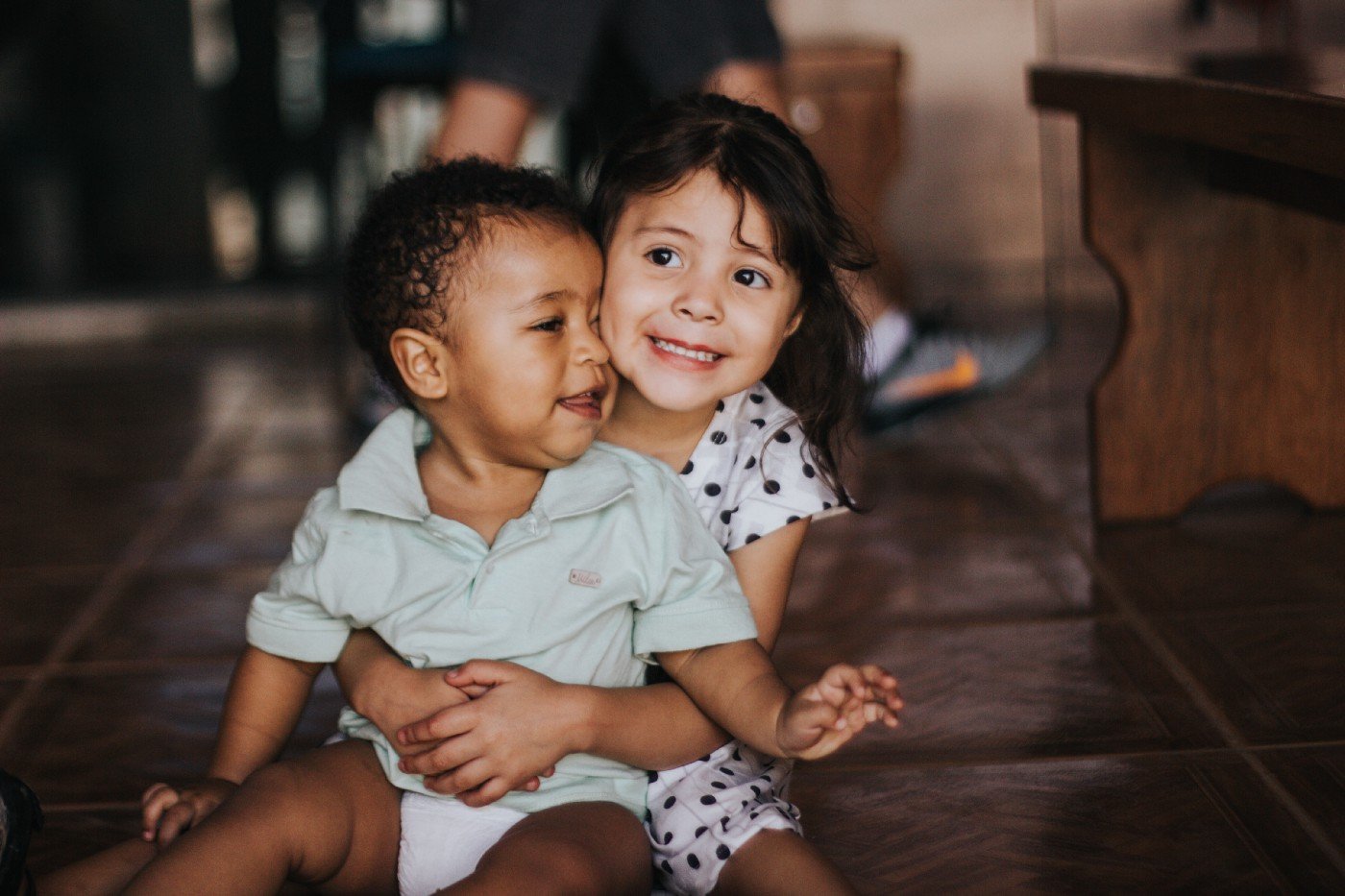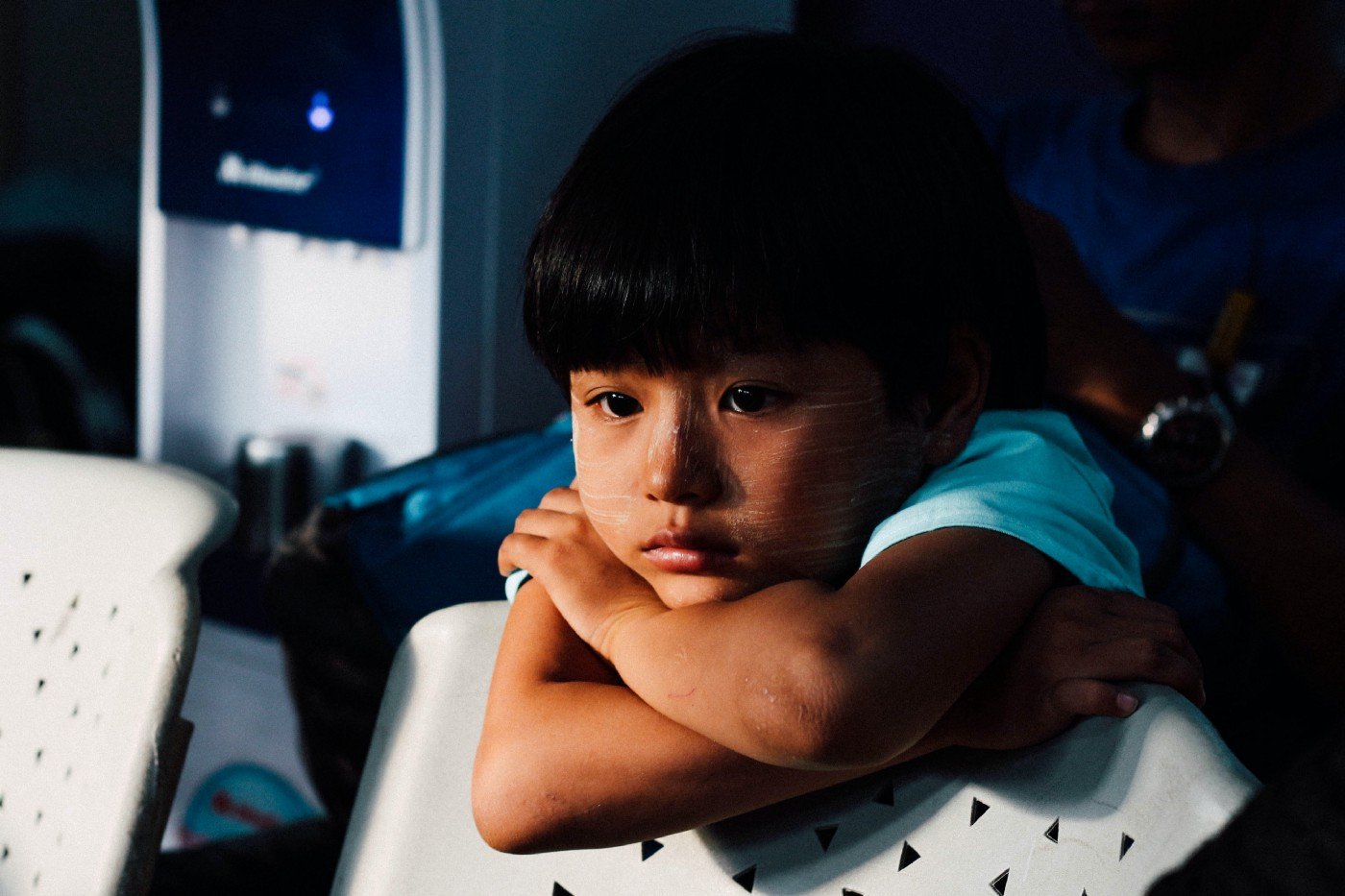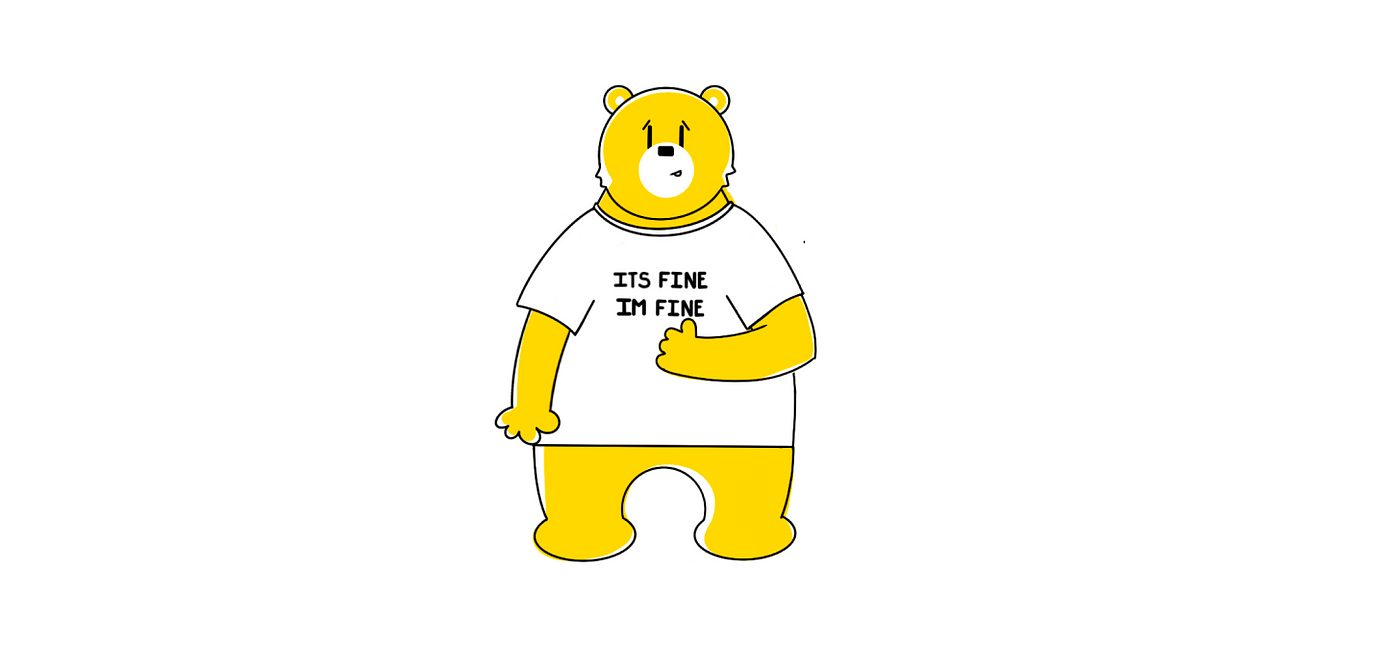When we create an inclusive system, we create a better system.
That’s our belief here at maro parents. If a system doesn’t aim to improve the lives of the most vulnerable that it serves, then it’s a flawed system. There are many inequities that people of color come across throughout their daily lives. They show up in the financial lending system, the job market, and even in our healthcare systems. Unfortunately, children aren’t impervious to this reality.

